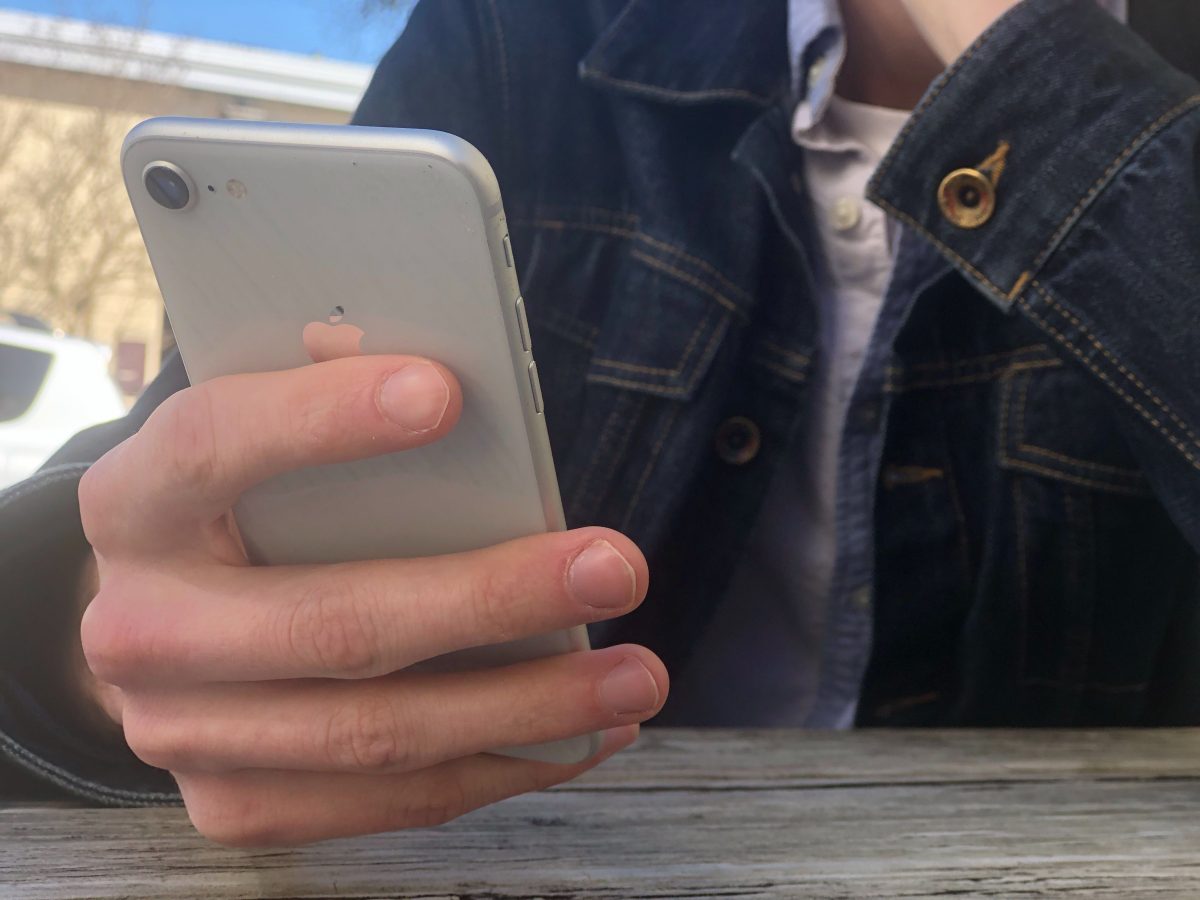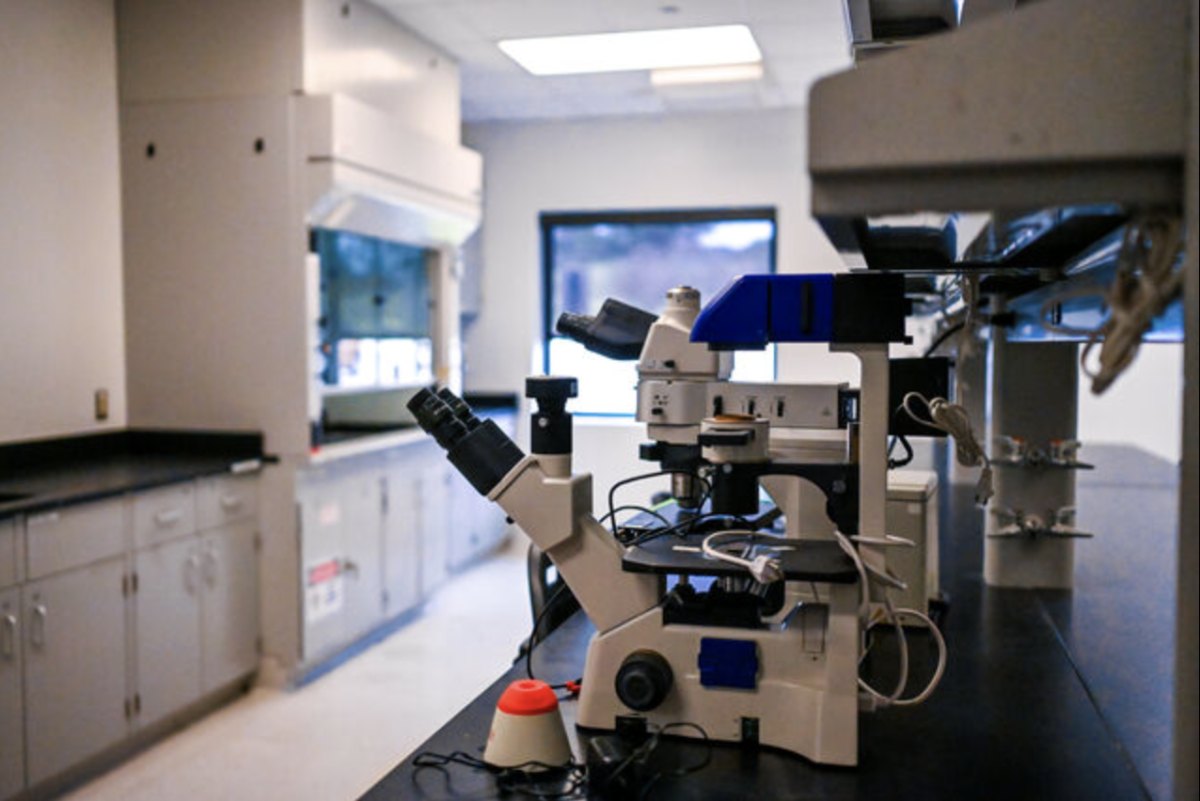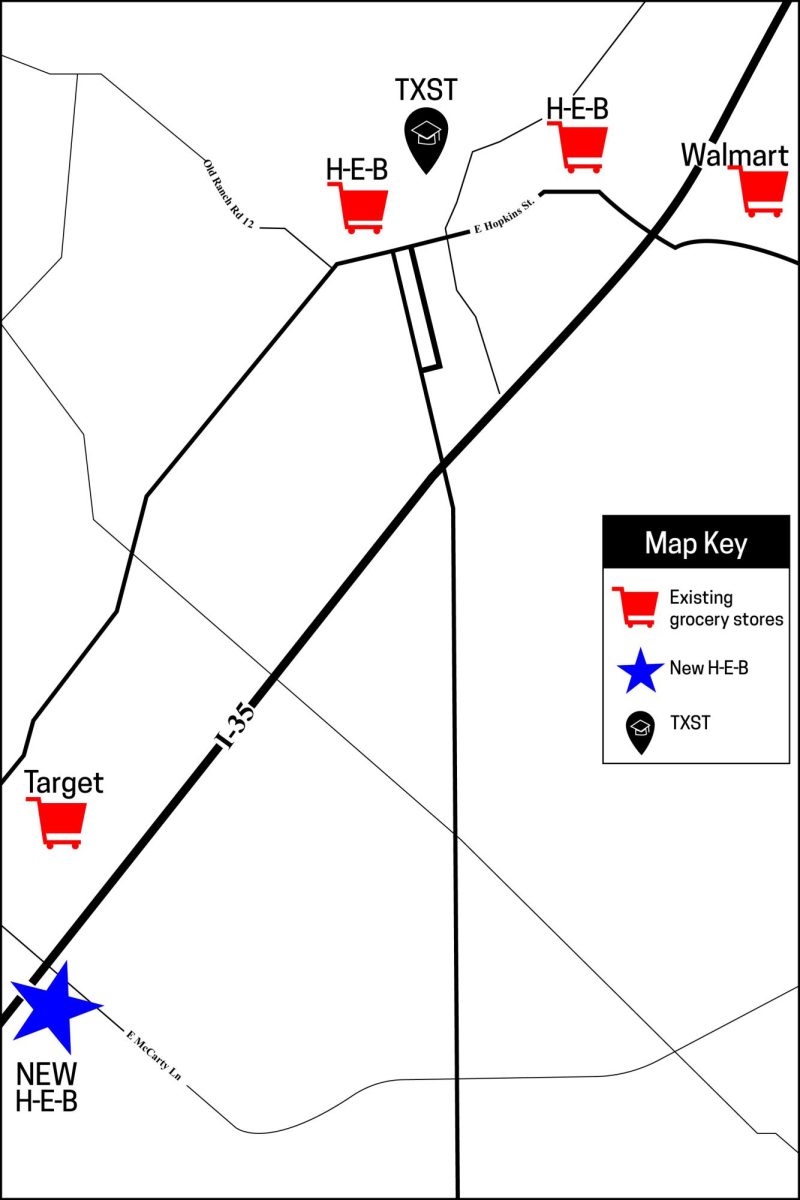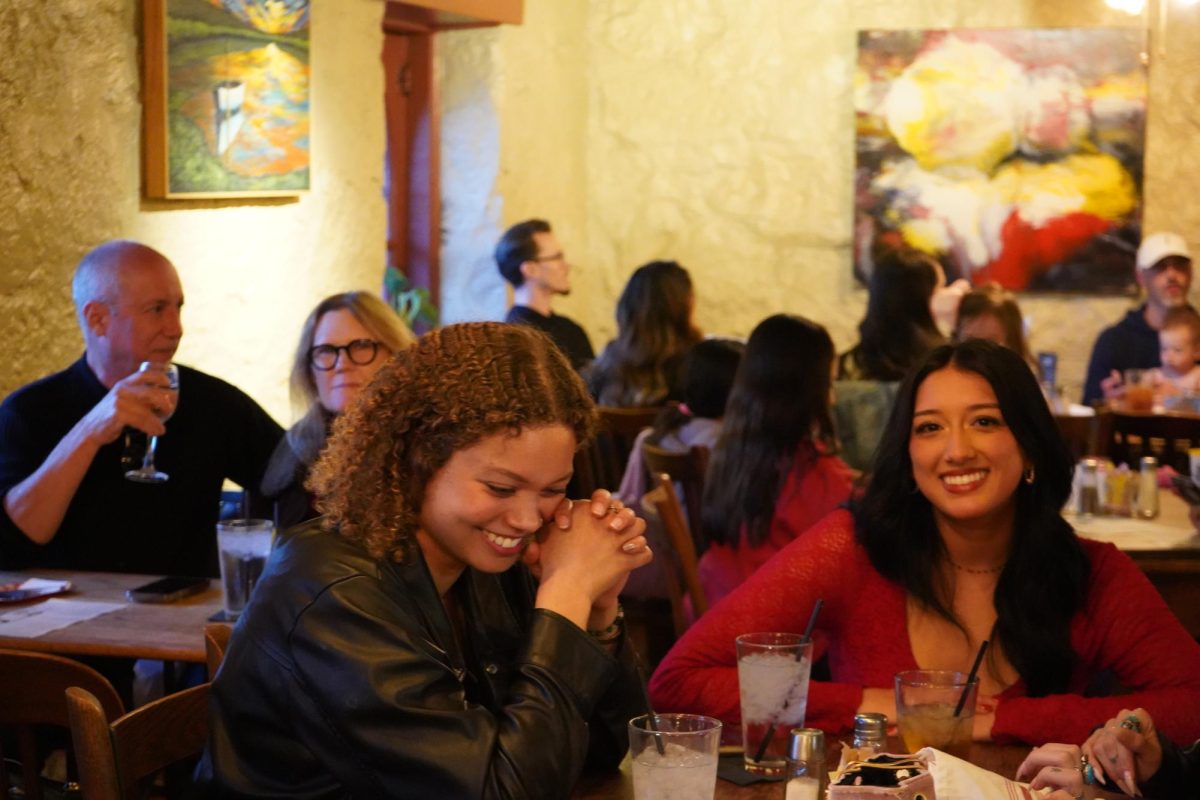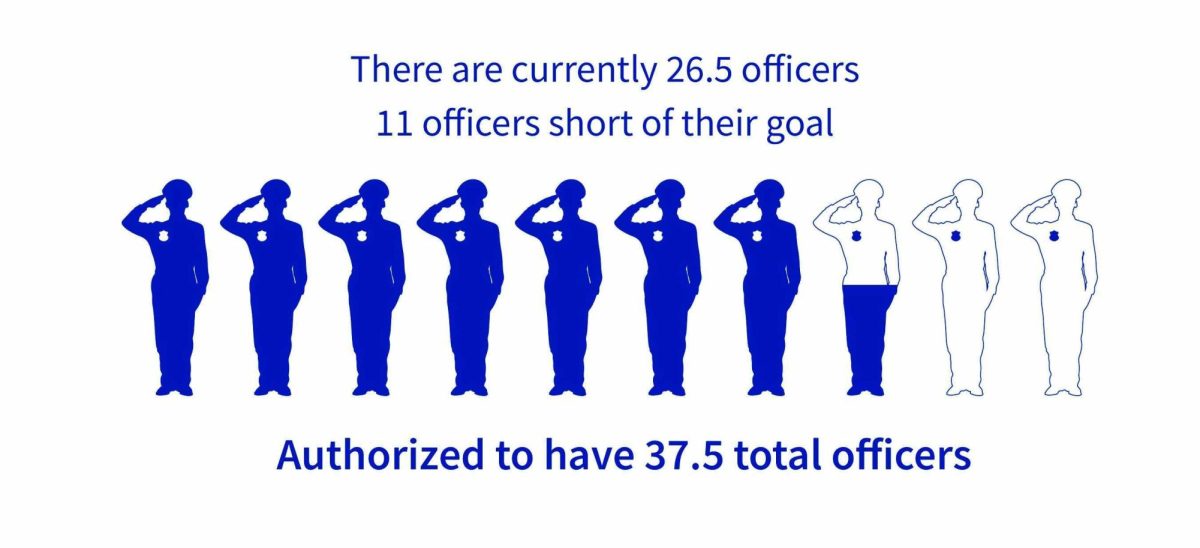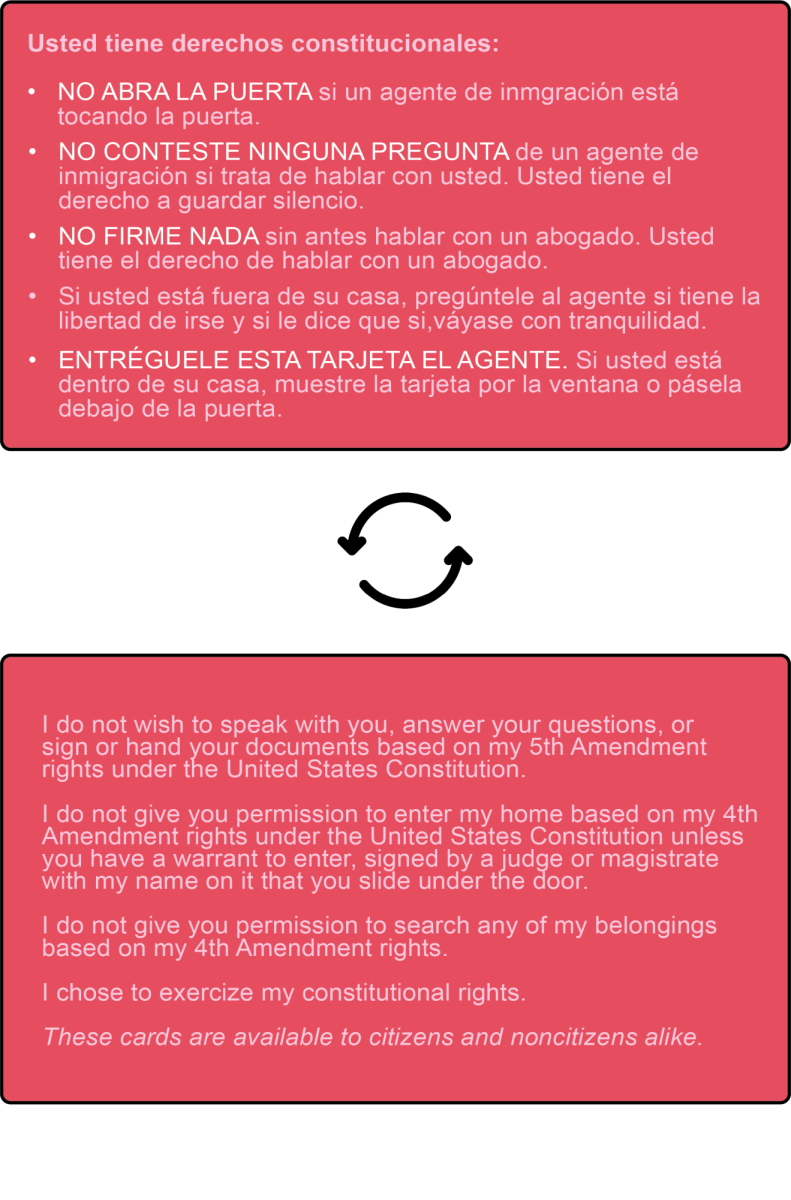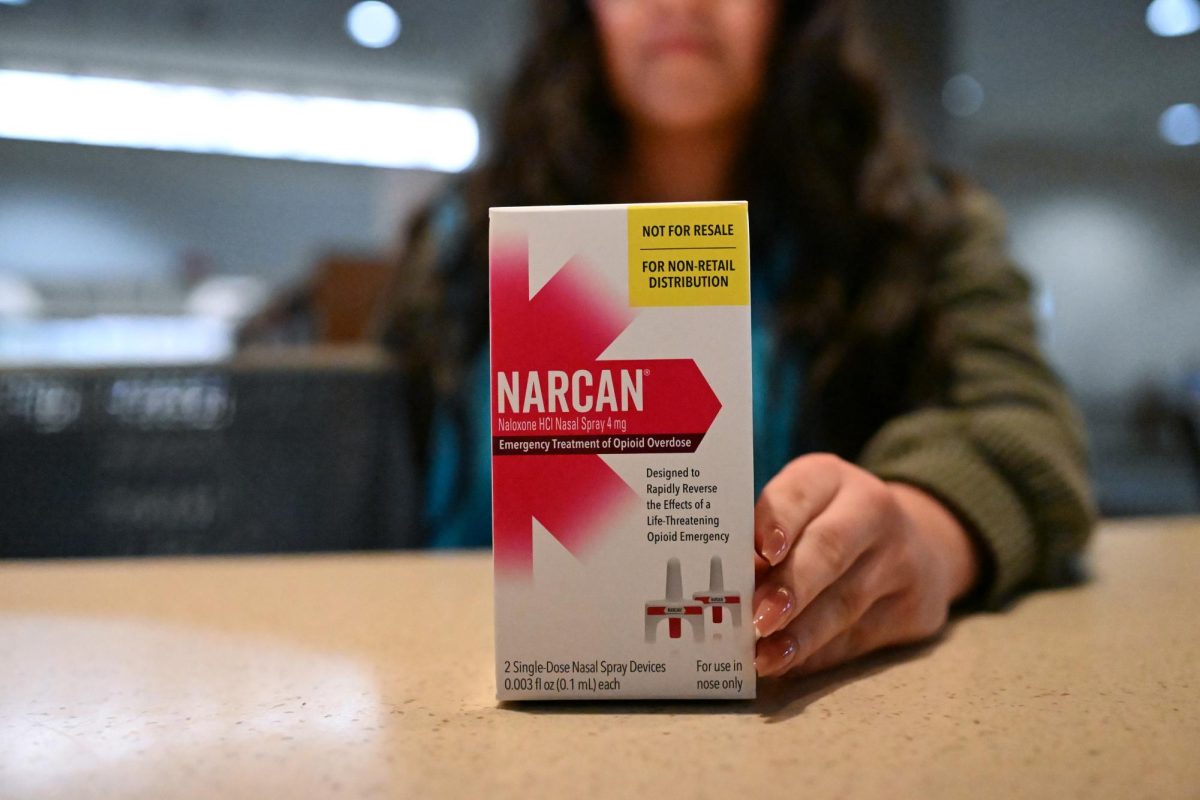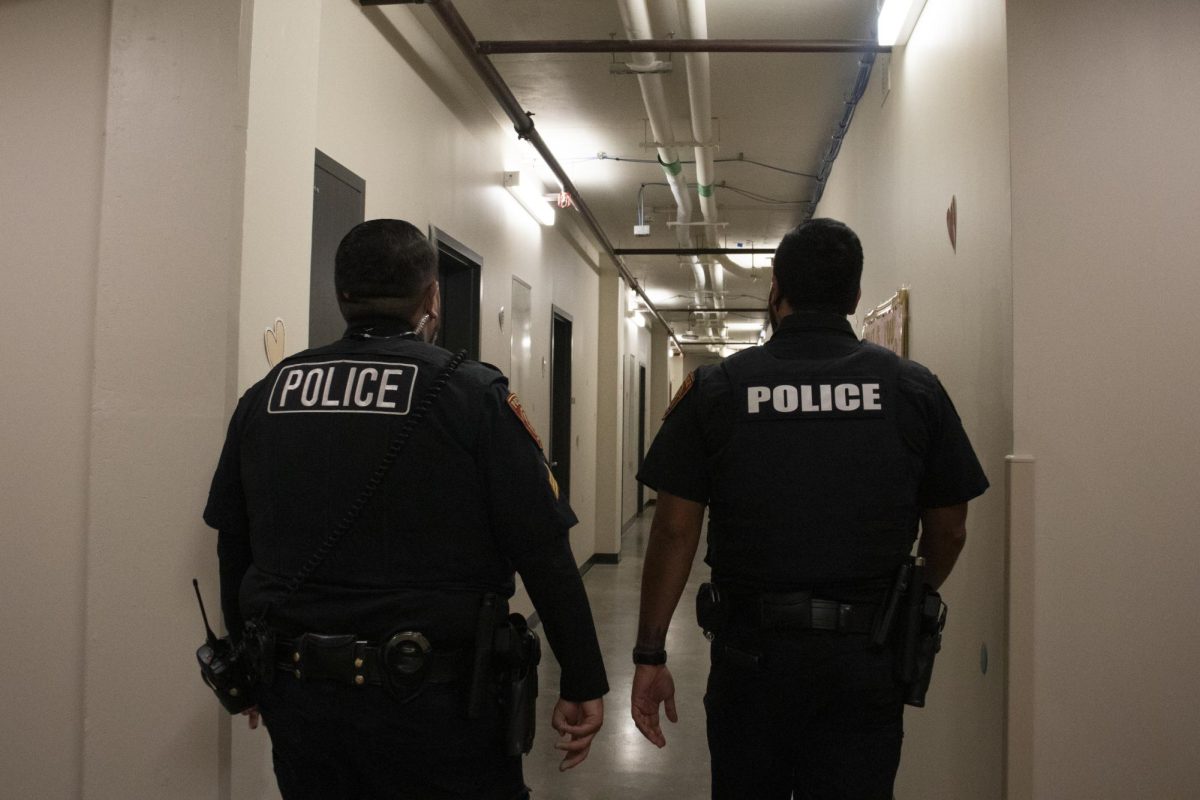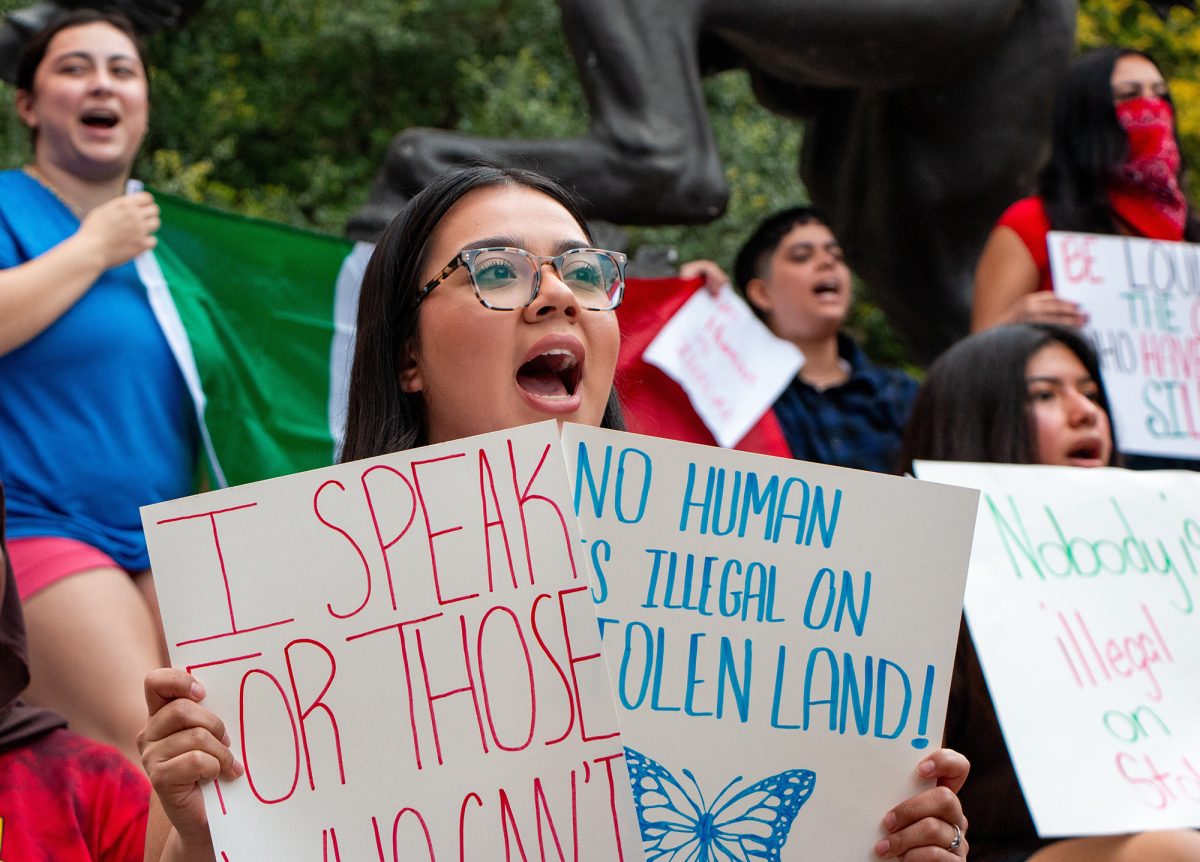Social media posts are filtered, cropped and carefully selected to make it seem like everything is going great, but that’s not always the case.
A new study from Texas State researchers suggests individuals with depression are more likely to fixate on social media posts from people they perceive as being better than themselves.
“Social comparisons, social media addiction, and social interaction: An examination of specific social media behaviors related to major depressive disorder in a millennial population,” is a research project published Jan. 8 in the Journal of Applied Biobehavioral Research that shows a correlation between depression and negative social media behaviors in millennials. It’s caught international attention for what the National Institute of Mental Health considers the most common health problem in college students.
The study looks at the ways people with depression may engage with social media differently than those who are not depressed. The team studied 504 millennials active on Facebook, Instagram, Twitter and Snapchat, and concluded the individuals who met the criteria for major depressive disorder are more likely to experience both a higher rate of social media addiction and greater isolation on social media. These individuals are more likely to focus on posts from those they believe to be better than themselves.
Psychological research masters student, Anthony Robinson, is the lead author of the study and hopes it will encourage readers to develop an awareness of how they currently use social media and to determine what changes, if any, should be made to limit the behaviors associated with major depressive disorder.
“This is the first study to look at specific social media behaviors on multiple platforms,” Robinson said.
Psychology Professor Natalie Ceballos said the study isn’t saying social media causes depression. It’s simply pointing out that individuals with depression tend to use social media differently.
“It’s important to note that this study looked at correlation, not causation,” Ceballos said. “Social media can be both a risk factor and a potential avenue for intervention. Knowing more about how people react to social media is the first step to improving people’s lives.”
Associate professor of psychology Krista Howard is one of the study’s co-authors and said most social media users purposely present themselves in a positive way by using filters and sharing posts that depict they’re doing great.
“The problem is when individuals compare themselves to these perfect posts and then perceive themselves as worse off as these comparisons can exacerbate symptoms of depression,” Howard said.
Social media influencers like Virgie Tovar, the activist behind the Lose Hate, Not Weight campaign, work to combat these standards. Tovar said the philosophy behind the movement is to break away from the I’m-not-good-enough mindset and embrace who you are.
Sophia Liberzon, communication disorders sophomore, thinks it’s good that studies like this are being carried out. To her, social media is a fun place to look for creative inspiration and relax, but she knows that’s not always the case.
“I feel like social media has become a place for a lot of people where you compare yourself to other people all the time and feel worse about yourself,” Liberzon said.
The study has already gained international attention and the team is now developing an experiment to see if social media can have a physiological effect on the body after being awarded a multidisciplinary internal research grant. The research focuses on salivary cortisol, immune function and cardiovascular responses in individuals who have been shown anxiety-provoking social media posts, in the effort to determine if social media and the stress it causes can make us ill.
Categories:
Social media and depression in millennials
February 12, 2019
0
Donate to The University Star
Your donation will support the student journalists of Texas State University. Your contribution will allow us to purchase equipment and cover our annual website hosting costs.
More to Discover


